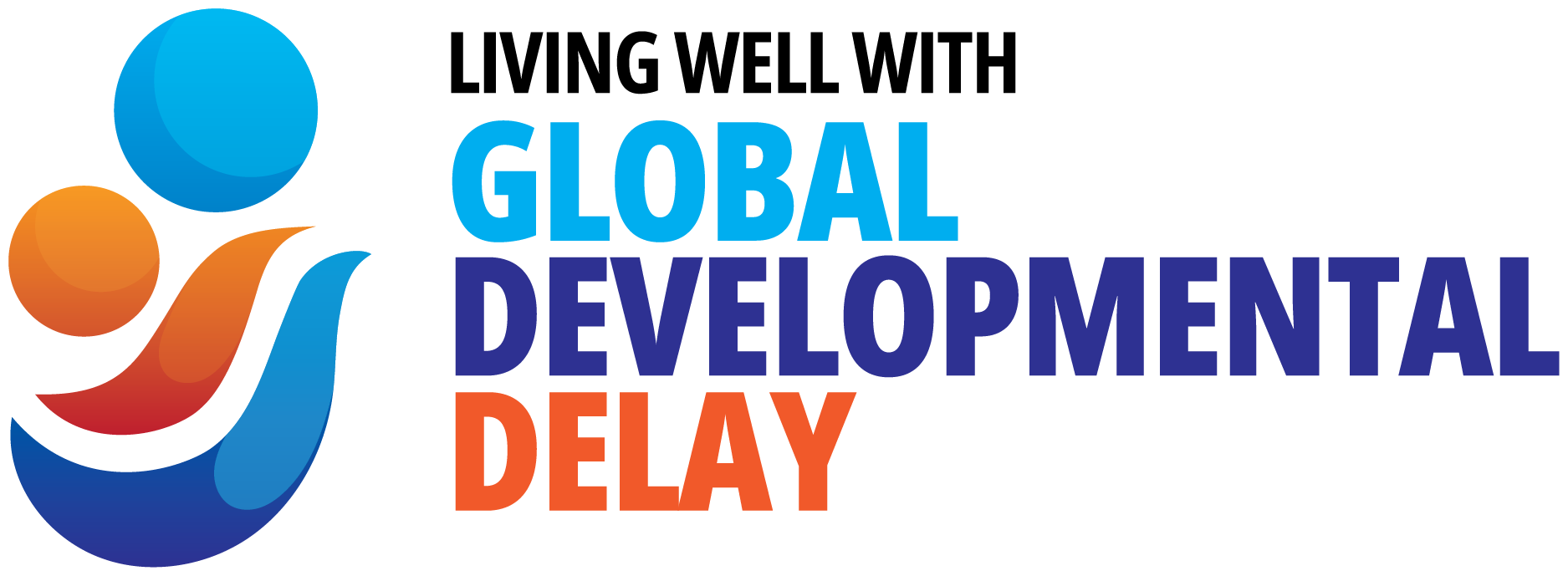Blog
Advice from a foster parent
- October 18, 2024
- Posted by: gl0b4dm1n
- Category: Global Developmental Delay

John was a foster child and came to us with a diagnosis of Global Developmental Delay however the agency did not educate us on this at all. I only had the internet to research it. Even the medical profession was unable to help us.
I worked hard to research Global Developmental Delay and came to the conclusion that John just needed to catch up. However, in time I realised that even if he learns at the same pace as his peers, which is unlikely, he will still be three years behind them.
It became obvious that John, having a Global Developmental Delay diagnosis helped because I could tell the preschool and other people there was a reason for his behaviour. His behaviour varies a lot.
Even now at 9 he sometimes acts like a toddler or even reverts to being a baby sometimes. I found it helpful to link his behaviour in various areas to an age. That made me more patient with him.
Now John has been diagnosed with Global Developmental Delay, Autism and possibly Pathological Demand Avoidance. The Global Developmental Delay is still the most visible issue for him.
Schooling:
When I enrolled John in preschool five years ago, the staff did not know how to support him. I expected the staff to be better trained, and that they would have the skills to support my son. The educators were not well resourced, and they did not know how to get more support. Later I heard of other preschools that were much better resourced but not in my area. I always need to advocate for him.
After finding out that our preferred private school could not offer any extra support, we chose a public school for John where he could be given some support. However, it was not enough support and John’s behaviour started to reflect this.
When it was time for him to start school at age six, it was like sending a three-year-old to school. He was just not ready to go. A late start and early finish helped but he had hardly any support during the day. John was so upset every school day and needed to take his soft toys as comfort. The staff would have to tear him off me and then lock the classroom door so he could not get out.
In Term 2 we decided to move him to a school with a 3-6 class. Here he could blend in with the younger children which worked much better. He was being invited to parties because there was no awareness of his relative age. However, once he moved into 6-9 class at an older age, it became clear that the self-directed learning was not a good match, so he was not progressing through the curriculum. He was behind his peers in his learning while being the eldest in the class. He was not included in the playground and no longer invited to parties.
Reassessment
We had John tested for autism even though a therapist said we were wasting our money. We went to see a psychologist who had not met John before. The specialist did not ask for reports until after his assessment, by which time she had already diagnosed him. Only then did she look at the reports and observe how this confirmed her diagnosis. I was impressed by her professionalism.
We were surprised with the level of autism that applied to John. Apparently, his language and social skills created what is called a halo effect which masks the autism. This led to him moving to an autism specific school which has been a great success.
Now his peers in his class are working on the same skills as John. He is happy to go to school, he plays well with his friends in the playground for the first time, he is confident, and he belongs. John is being invited to birthday parties and no longer comparing poorly to peers.
We have found that it is important to constantly reassess schooling options – no decision is forever and being flexible allows you to take advantage of changes in your child or new opportunities.
Expectations:
John presents as a younger child because of his language which often includes baby talk. He is maturing now, and I can see constant evolving change.
Time and patience are key.
You need to be very patient and to allow lots of time, and to not have expectations that are beyond the child’s ability. You need to go slowly. John was delayed in his speech, so I had to slow down the language. “We- are -going- to -the- park”. John destroyed any visuals we tried to introduce possibly because the expectations were too high, and this led to anxiety.
I have tried using many star charts previously, but John would destroy them because the pressure and expectations were too much for him. Just recently he actually asked me for a star chart and now he is enjoying using it, so something that does not work now may well work another time.
His brain is just not as developed. You can’t push the brain to make it learn and you can’t just expect him to be working at his age level. John responds violently when expectations are too high. I have observed that while he can observe and absorb some information, he can’t apply it yet and this causes him stress.
When kids have delays, they resist doing anything because it is hard for them. I always have to keep in mind that even though he is nine years old, in some areas he is like a two-year-old and in other areas he is a four or even a six year old.
You cannot compare them to another child – this is so important. When they make progress, you can only compare them to their past skills and not to others.
After years of speech therapy John was not progressing. He would rip up books when put under pressure. I tried to reward him to motivate him – he would read one page, and then I would read. Now he is just starting to read and to show an interest in books.
One thing that really worked for him was telling him an imagination story at bedtime after reading a book. John did not want to listen or sit still for weeks, but over time he started to focus when I told a story with him as the main character. I would ask him to close his eyes to listen and now he loves listening to them and is able to attend well most of the time. We do this most nights and it works for him. Different things work for different children, and it is worth investigating and trialling new techniques.
The delayed learning means that you teach them now and there is no response, but later you will see the evidence of this learning when his brain develops to the right stage. I have observed John respond to things he was taught up to three years ago. It is important to know that you are working on the layering of skills. The information is going in it just may not come out when or how you expect it to.
What you do in your daily life by modelling and supporting them through routines, such as making the bed or showering will establish these routines. You layer in the language pattern to support the routines and initially he only observes. However, in time he will reveal that he did learn and can apply this routine. Repetition is important – by creating solid routines your child will start doing it independently when he is ready. You are laying the foundations.
I would love to meet with older children to see the path and to learn from their parents. We have had lots of wonderful carers and therapists but have not been able to meet other families. Parents of ordinary children are not understanding, and they can move away or discourage friendships because they are focussed on their children being high achievers.
Having a child with Global Developmental Delay means you have to be so patient. To repeat yourself over and over again. A pediatrician told me that while the learning can be absorbed in the short-term memory, it takes longer to be transferred to being a known skill and being applied in a new situation. But eventually this will come. Your child will surprise you with understanding a skill that you worked to teach without success a while ago. So, patience is very important – and repetition.
I found it important to advocate for John often, as his behaviours are not a fault of his own and not something he has control over. He should not be blamed for something he cannot control. So many times, I find parents are apologising for their children when in fact it is just lack of education of adults.
Blog written by Deb, the mother of John now aged 9 years old.
(The parent’s and child’s name have been changed for privacy reasons.)
